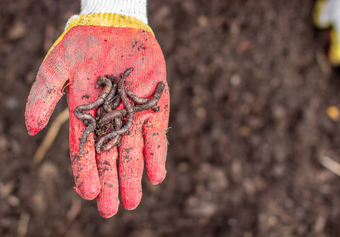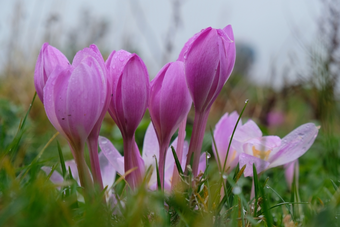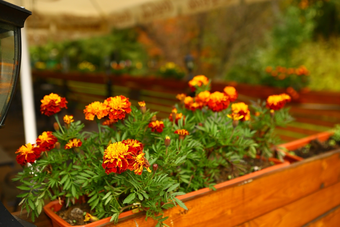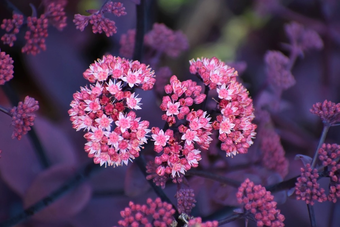Why having a diverse plant selection matters
Wondering why having a diverse plant selection matters is a question that is often asked by gardeners, especially beginner gardeners. So if you hear about the importance of selecting many different varieties of plants for your garden and wonder why, this guide will cover some of the many reasons it’s such an important part of gardening. The benefits are ecological and environmental, even good for your wellbeing and the wider community.

Ecosystem and biodiversity
A diverse plant selection helps to preserve and maintain biodiversity in your garden and even further. Each plant species plays a unique role in the ecosystem, and by planting various plant species, you can help the ecosystem in your garden be more resilient to both the climate and pests/diseases. By incorporating a wide range of plant species into our gardens, we can improve climate resilience and even reduce the impact of climatic conditions.

Soil health importance
Different plants can have different effects on soil health. Some species can improve soil fertility by fixing nitrogen and even enhancing the structure of the soil, and some can help prevent erosion. Planting lots of different plants also means there will be plenty to choose from for pollinators which will help to improve your ecosystem and also if you grow your own food as well.
Beauty of the garden
Planting lots of different plant species and varieties in your garden will make your garden such an interesting place to be. Lots of colours, textures, fragrances, shapes and varying flowering times will really enhance the beauty of your garden. A wide variety of plant species in your garden offers a visually pleasant place to relax, rejuvenate and enjoy.

Your health and wellbeing
Is there anything more lovely than being in a garden full of life? It certainly makes gardeners smile. And if you want to have a garden that makes you feel happy, then planting lots of herbs, annuals, perennials, and biennials, along with trees and shrubs, both evergreen and deciduous, means your garden will be full of beauty. Being outside in nature is known to improve mental health and reduce stress levels, so fill your garden and go outside to enjoy it.
Embracing plant diversity in the garden will fill your garden with colour and lots of wildlife, ultimately helping you also to feel good!
Top 5 diverse plants to grow in the garden
-
Coneflowers (Echinacea spp.): These native North American beauties come in various colours and add a splash of vibrant hues to your garden. They are also pollinator magnets, attracting butterflies and bees.
-
Lavender (Lavandula spp.): Known for its fragrant blooms and aromatic leaves, lavender is not only visually pleasing but also attracts pollinators. It's a versatile plant that can thrive in various climates.
-
Japanese Maple (Acer palmatum): With its stunning foliage and elegant shape, the Japanese maple is a popular choice for adding structural interest and a touch of exotic beauty to your garden.
-
Hostas (Hosta spp.): These shade-loving perennials come in a wide range of leaf sizes, shapes, and colours, making them a great choice for adding texture and diversity to your garden beds.
-
Sedums (Sedum spp.): Drought-tolerant and low-maintenance sedums are succulents that offer unique textures and forms. They are perfect for rock gardens, borders, or even green roofs.
Visit us in store to choose from our wide selection of diverse plants for your garden.




